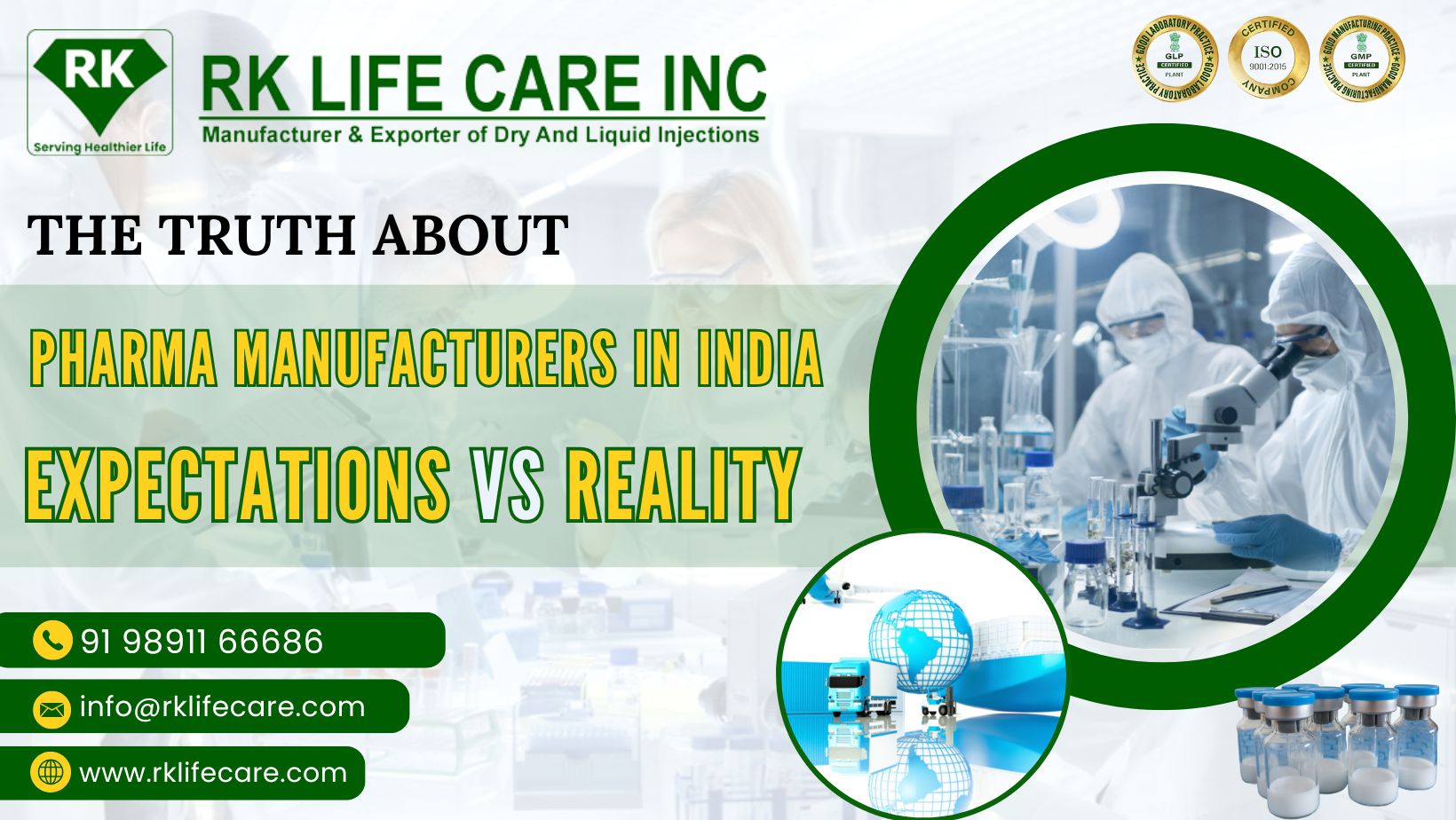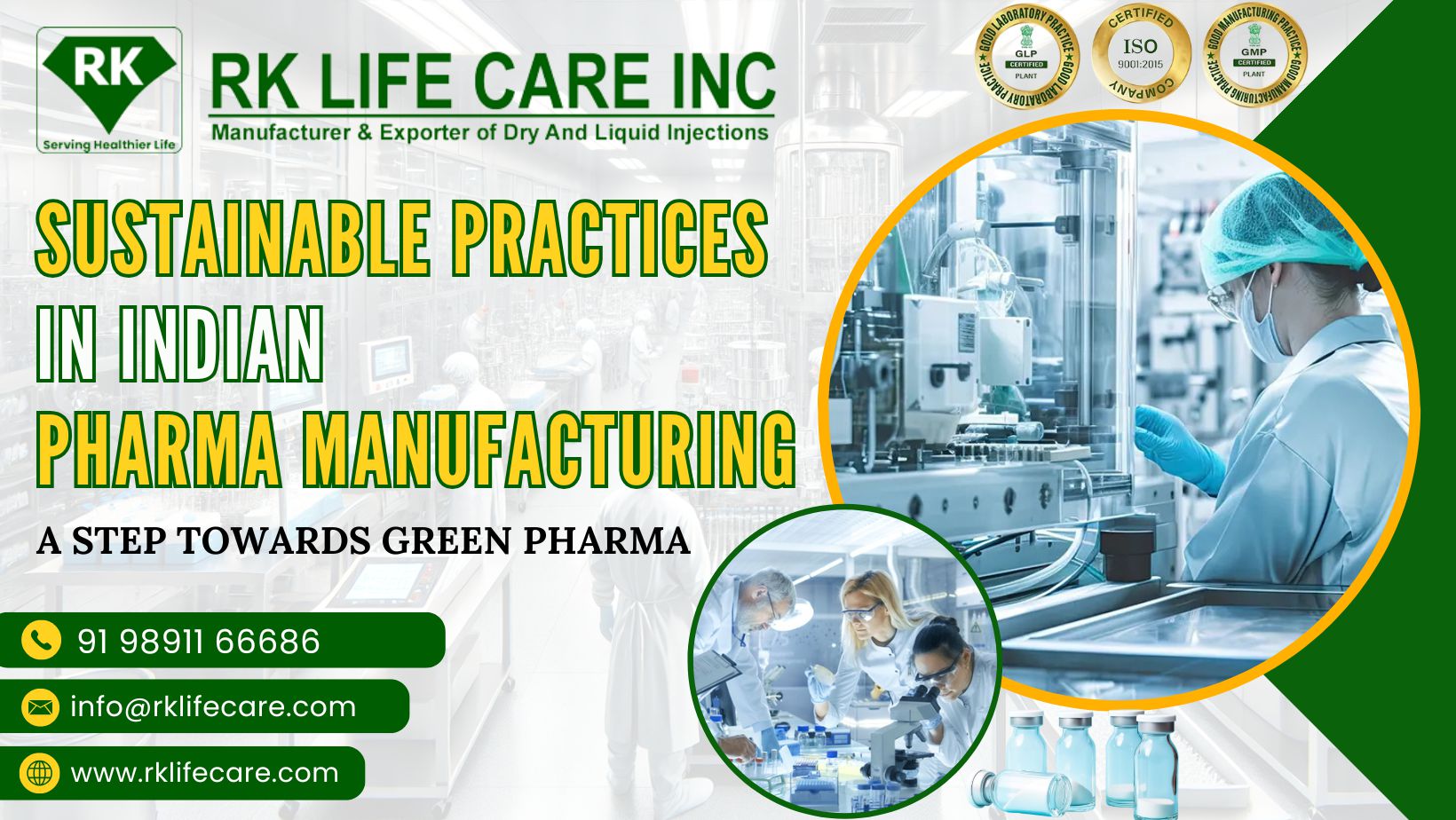.jpg)
Pharmaceutical Manufacturing Companies, often referred to as Pharma Manufacturing Companies, play a pivotal role in the healthcare ecosystem by producing medications that improve and save lives. This comprehensive exploration delves into the history, benefits, and current landscape of pharmaceutical manufacturing, with a particular focus on the burgeoning industry in India.
History of Pharmaceutical Manufacturing:
The roots of Pharmaceutical Manufacturing trace back centuries, evolving from traditional herbal remedies to the sophisticated processes employed today. Ancient civilizations, including the Greeks and Egyptians, cultivated medicinal plants for healing purposes. However, it wasn't until the 19th century that the pharmaceutical industry began to take a more structured form with the isolation of active compounds from plants.
The advent of synthetic chemistry in the late 19th and early 20th centuries marked a transformative period for pharmaceutical manufacturing. The synthesis of aspirin in 1897 by Bayer and the development of penicillin in the 1920s laid the foundation for the modern pharmaceutical industry. These milestones not only revolutionized healthcare but also propelled pharmaceutical manufacturing into an era of scientific rigor and innovation.
Pharma Manufacturing Companies: The Pillars of Healthcare:
Evolution of Pharmaceutical Manufacturers:
Pharmaceutical Manufacturers have evolved from small-scale, artisanal operations to large, technologically advanced entities. These companies are engaged in the synthesis of active pharmaceutical ingredients (APIs), drug formulation, and the subsequent production of a diverse range of medications.
Innovation and Research & Development:
One of the defining characteristics of Pharma Manufacturing Companies is their commitment to innovation through Research & Development (R&D). These companies invest heavily in exploring new drug candidates, improving existing formulations, and staying at the forefront of medical science. This continuous quest for innovation is essential for addressing emerging health challenges.
Quality Standards and Compliance:
Ensuring the safety and efficacy of pharmaceuticals is a top priority for manufacturers. Stringent quality standards and regulatory compliance govern every stage of the manufacturing process. Modern pharmaceutical facilities are equipped with state-of-the-art technology and adhere to Good Manufacturing Practices (GMP) to guarantee the highest product quality.
Job Creation and Economic Contribution:
Pharmaceutical Manufacturing is not just about producing medicines; it's also a significant contributor to the economy. These companies generate employment opportunities for a diverse range of professionals, including scientists, researchers, technicians, and personnel involved in manufacturing and marketing.
Affordable Medicines:
A defining feature of many pharmaceutical manufacturers is their role in making medicines more affordable. Generic drug manufacturing, in particular, allows these companies to produce cost-effective alternatives to brand-name medications. This has a profound impact on healthcare accessibility, both domestically and globally.
Pharmaceutical Manufacturing in India: A Global Hub:
Rise of Pharma Manufacturing in India:
In recent decades, India has emerged as a global hub for Pharmaceutical Manufacturing. The country's pharmaceutical industry has gained international acclaim for producing high-quality medications at competitive prices. This success can be attributed to a combination of factors, including a skilled workforce, robust infrastructure, and a favorable regulatory environment.
Contributions to Global Healthcare:
Pharmaceutical Manufacturers in India are not only meeting domestic healthcare needs but are also key players in the global pharmaceutical market. The industry's capacity to produce a wide range of medications positions India as a major exporter, contributing significantly to meeting healthcare demands worldwide.
Research and Development Initiatives:
The Indian pharmaceutical sector actively engages in Research and Development, driving innovation and contributing to the global pharmaceutical knowledge base. Collaborations with international partners further enhance the industry's capabilities, fostering a culture of continuous improvement.
Benefits of Pharmaceutical Manufacturing:
1. Medical Advancements and Innovations:
Pharmaceutical Manufacturing Companies are at the forefront of medical advancements. Through extensive research and development, these companies introduce new drugs, therapies, and treatment modalities, significantly contributing to the progress of medical science.
2. Improved Healthcare Accessibility:
By producing generic medications and affordable alternatives, pharmaceutical manufacturers enhance healthcare accessibility. This is particularly critical in both developed and developing nations, where the cost of medicines can be a barrier to treatment.
3. Global Health Impact:
The global supply of medicines from pharmaceutical manufacturers addresses health disparities on a global scale. Indian pharmaceutical companies, in particular, play a vital role in providing cost-effective medications to countries facing healthcare challenges.
4. Job Creation and Economic Growth:
Pharmaceutical Manufacturing contributes substantially to job creation, offering employment opportunities to a diverse range of professionals. This, in turn, stimulates economic growth and development in the regions where these companies operate.
5. Rapid Response to Health Emergencies:
Pharmaceutical manufacturers demonstrate their resilience and adaptability during health emergencies. The COVID-19 pandemic highlighted the industry's ability to respond rapidly by developing and manufacturing vaccines and treatments to address critical health needs.
Challenges and Future Outlook:
Challenges in Pharmaceutical Manufacturing:
Despite the remarkable progress, pharmaceutical manufacturing faces challenges such as stringent regulatory requirements, the need for continuous innovation, and evolving market dynamics. Manufacturers must navigate these hurdles to ensure the sustainability and efficiency of their operations.
Opportunities for Growth:
The challenges in pharmaceutical manufacturing also present opportunities for growth. Collaboration between industry stakeholders, advancements in technology, and a focus on sustainable practices can drive positive change and lead to more efficient and resilient manufacturing processes.
Future Trends in Pharmaceutical Manufacturing:
Looking ahead, the future of pharmaceutical manufacturing is poised for exciting developments. Advancements in automation, artificial intelligence, and personalized medicine are likely to revolutionize manufacturing processes. These trends signal a transformative era in healthcare, with a focus on precision and individualized treatment approaches.
Conclusion:
Pharmaceutical Manufacturing Companies stand as beacons of innovation, driving advancements that shape the landscape of global healthcare. From historical milestones to the current prominence of India in the industry, the journey of pharmaceutical manufacturing is marked by a commitment to improving human health. As these companies continue to evolve, embracing challenges and leveraging opportunities, they pave the way for a healthier and more resilient future for individuals around the world.

20 Jan 2026

19 Jan 2026

17 Jan 2026

16 Jan 2026

15 Jan 2026